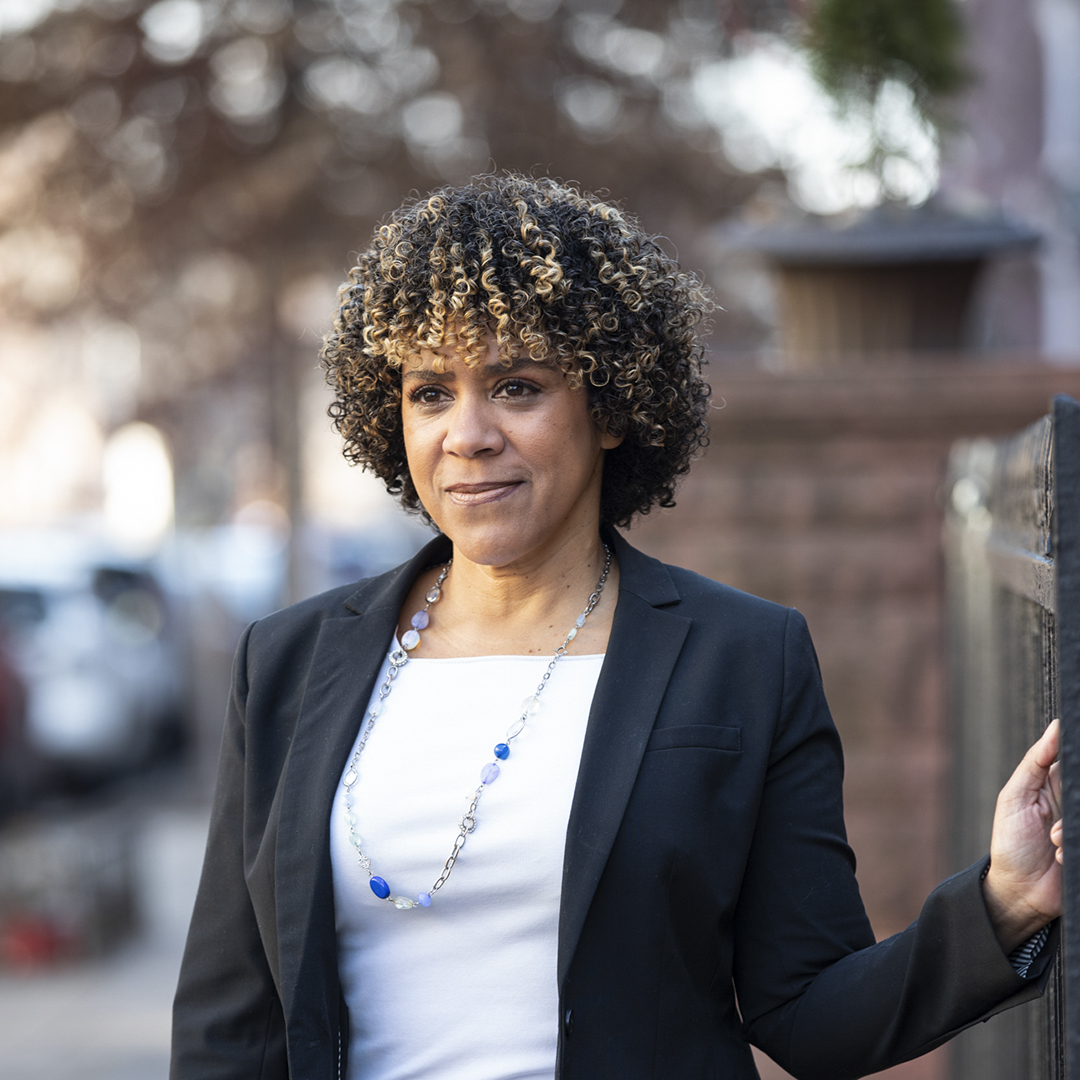|
Getting your Trinity Audio player ready...
|
Back in the early 2000s, Miami was hardly considered a cultural hub. But thanks to major developing efforts, including those of Carlos Rosso and his team at the Related Group, Miami is now one of the fastest-growing cities in the country and attracts new residents from all over the world.

“Since I arrived in Miami, I’ve seen tremendous evolution,” Rosso reflects. “When I first moved there, my friends all said, ‘Why, after finishing your master’s at the Massachusetts Institute of Technology, are you moving to Miami? It’s not a major city.’ But the changes have been phenomenal—Miami has really sophisticated itself.”
The sophistication is due, in large part, to the major urban development that the city has seen in the last twenty years. The Related Group is the largest private developer in the south of Florida, and one of the largest in the world when one factors in the joint projects the company has worked on with Related New York. The Related Group handles every type of residential asset class, from affordable housing to luxury condominiums—the latter managed by Rosso, who serves as president of the company’s Condominium Division.
An Argentina native, Rosso moved to Florida in 2001 as he was finishing up his master’s in real estate at MIT. He soon met Jorge Perez, who asked him to join him at the Related Group once he graduated. Rosso started as a project manager in 2002 and, in less than a decade, worked his way up to his current position.
Rosso’s work with the Related extends to various ventures in Latin America, including Brazil, Mexico, and Argentina, as well as Miami. But the two areas of his work are more closely related than one might think.
Most people think of Miami as having a strong Latino identity, Rosso says, but especially in recent years, the growing city has attracted people from all over the globe. “In the beginning, it was mainly Latin America,” he explains. “Then eventually, around 2010 or 2012, we started seeing a lot of Europeans, mainly Italian and French, coming to Miami as well as more diversified nationalities such as Chinese, Turkish, and Russians.”
Rosso has also noticed an influx of Chinese citizens buying property in Miami. “We have a lot of Chinese students at the University of Miami. The parents bring their kids, and they fall in love with Miami and buy condos here,” Rosso says. The city also has an expanding Turkish population, he points out.
“Since I arrived in Miami, I’ve seen tremendous evolution. . . . Miami has really sophisticated itself.”
According to Rosso, this variety of new residents enriches the city, creating a fresh new mix of cultures. “Miami has become a real melting pot,” he remarks. “It attracts people from all over the place, like a modern Constantinople.”
Rosso attributes people’s attraction to the city first and foremost to the natural beauties that Miami offers. “You fly over Miami, and you see all those little islands with beautiful palm trees,” he describes. “And everybody has a swimming pool. It’s a very sexy image that people find very desirable.”
Miami’s beauties are further enhanced by companies like LushLife, a landscaping company that has worked closely with Rosso to amplify the impact of the Related Group’s various projects. “Though landscaping is a small percent of the budget, it makes the highest impact as well as the first and most lasting impression,” says Oren Kattan, CEO. “LushLife excels in making that a premier experience, creating the ambience before a person even enters the building.”

“Carlos was instrumental in creating a dialogue among ownership, the general contractor, and the architect,” Kattan continues. “He allowed us to apply and make the necessary changes to turn ownership’s vision into a reality on the ground while meeting all the architectural/GC requirements and completing installation on time. Our success lies in understanding owners’ expectations, never delaying TCO, staying within budget, and exceeding expectations.”
Rosso also finds it noteworthy that Miami is located in the United States, which means that it is able to offer many perks to business owners. “That is very powerful, particularly for people that come from countries that don’t have the level of security of the US business environment,” he says.
Florida also boasts tax benefits that are attractive to US citizens from other states like New York, Rosso says. In Miami, there is no tax on income. “A person who makes a million dollars in Miami could buy a house with the difference of what they would pay in city and state taxes if they made the same amount of money in New York,” Rosso notes.
Miami’s attractiveness has led to a wealth of business for the Related Group, particularly in neighborhoods like the Paraiso District and the Brickell neighborhood. In the Brickell neighborhood alone, one out of every four residents lives in a building constructed by Related. The company’s work also extends significantly across other regions of Florida. “We are everywhere in the state,” Rosso says. “That gives us an incredible breadth to see what is happening in different sectors, which lets us move from one sector to another.”
The fast-paced nature of the business is complemented by its entrepreneurial culture. “Every project manager operates as the owner of that physical asset in a job,” the president explains. “We try to leverage our knowledge and connections in our feeder market. When the markets in Miami slow down, we’re doing projects in Latin America.”
In fact, Rosso says, the Related Group’s foothold in Latin America is the crucial element that allowed the company to navigate the housing market during the 2008 recession. They had learned to accommodate higher risks, which drove them to put strict conditions on themselves. For example, the company did not allow contracts with deposits of less than 50 percent and did not allow buyers to flip units before they closed.
Overall, Rosso believes that the key to success in his line of work is being willing to be aggressive and push boundaries—and to not fall into the pitfalls of over-connectedness. “The beauty of all this mobile communication is that we can stay connected while doing other things, but at the same time,” he emphasizes, “we have to be on one point. This is a very competitive industry, and only the people that are really aggressive are going to survive.
“We reinvented ourselves after the crisis of 2008,” Rosso continues. “We started selling with bigger deposits and not allowing speculation on the units by not allowing resales until the buildings were delivered. Now, we are being challenged again in the era of COVID and a very strong dollar against our feeder market currencies. Once again, we are coming up with creative ideas and focusing on different submarkets and product types: Related will once again show why they are the leaders in real estate in South Florida.”

